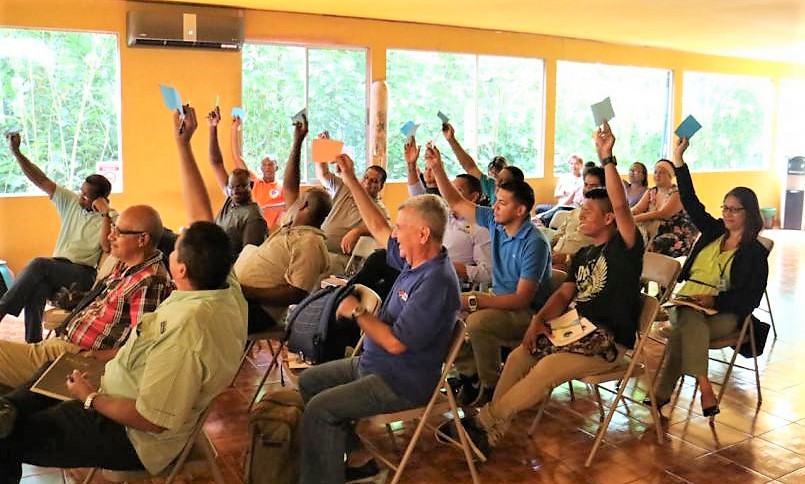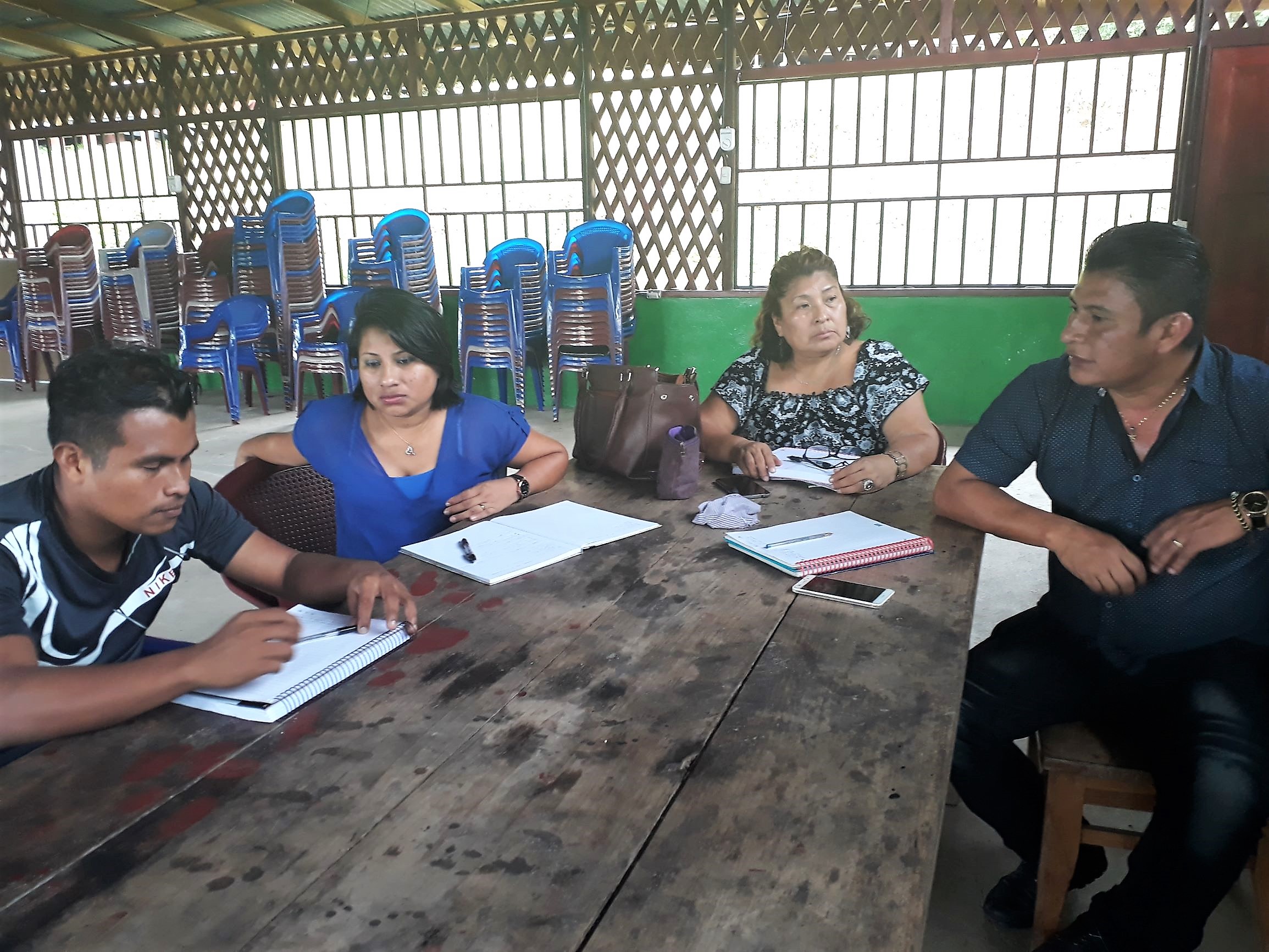


La Commission binationale du bassin de la rivière Sixaola (CBCRS) avait besoin de diversifier la participation à la gouvernance du bassin. Bien qu'elle réunisse des acteurs de différents secteurs et niveaux de gouvernement (national et municipal), certains acteurs manquaient encore à l'appel (comme la municipalité de Bocas del Toro, au Panama, qui l'a rejointe en 2016). La gestion du CBCRS n'était pas encore consolidée, en raison de sa composition complexe et du fait qu'il ne disposait ni d'un outil de planification territoriale binationale permettant d'articuler les efforts de part et d'autre de la frontière, ni d'un budget propre. Grâce à un vaste processus participatif, le CBCRS a élaboré un plan stratégique pour le développement territorial transfrontalier (2017-2021) et a élargi son portefeuille de projets. En encourageant la participation à ce processus et aux activités binationales, il a créé les conditions permettant à la société civile et aux municipalités de jouer un rôle actif dans la mise en œuvre du plan et des mesures d'adaptation. En offrant un espace particulièrement aux femmes, aux jeunes et aux populations indigènes, habituellement marginalisés dans la prise de décision. Le plan CBCRS a également encouragé une plus grande égalité dans l'accès et l'utilisation des ressources naturelles dont dépendent les communautés locales, favorisant ainsi les groupes les plus vulnérables au changement climatique et créant un sentiment d'appartenance.
- Les communautés sont disposées à participer au dialogue, à l'apprentissage, à la recherche de solutions et à des actions communes. La plupart des acteurs du bassin sont concernés et affectés par le changement climatique, les précipitations excessives qui provoquent des inondations.
- Afin d'obtenir une large participation, le rôle d'intégration du CBCRS en tant que plateforme binationale de gouvernance et de dialogue, et de l'ACBTC (Talamanca-Caribe Biological Corridor Assotiation) en tant qu'association de développement local, s'est avéré indispensable.
- Dans la gouvernance pour l'adaptation, une participation efficace peut enrichir les processus de planification et de prise de décision, conduisant à des résultats acceptés par toutes les parties concernées
- La coordination entre les projets et les initiatives telles que la stratégie centraméricaine de développement territorial rural (ECADERT), qui a financé le premier projet attribué au CBCRS, contribuent à l'élargissement et à la durabilité des actions.
- La participation sociale et le renforcement des capacités organisationnelles, par l'identification de porte-parole et de leaders (parmi les jeunes, les femmes et les hommes) est un facteur important pour la consolidation de ces processus et, avec eux, des structures de gouvernance.
- Encourager la participation du public permet d'accroître le dialogue, l'évaluation et l'intégration des connaissances (techniques et traditionnelles), ainsi que l'intégration des enseignements tirés de chaque secteur.
- Les efforts futurs devraient porter sur la manière de renforcer l'intégration du secteur agro-industriel (par exemple, la banane ou le cacao) dans l'agenda de la gouvernance pour l'adaptation.